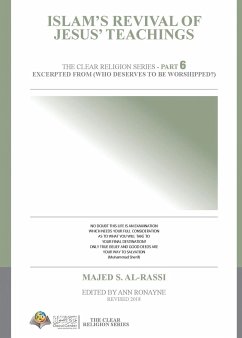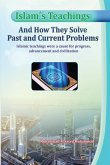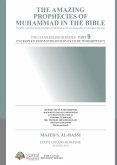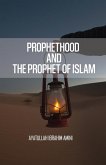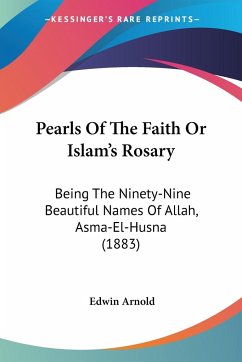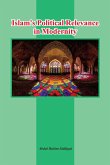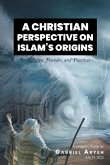Every individual is born into a religious environment that is not necessarily in accordance with his or her choice; children are raised to follow the religion or ideology of their family, society, or culture. Even as new-born babies, they are assigned either the religion of their family or the ideology of the state; in some countries, the child's assigned religion is even recorded on the birth certificate. By the time individuals reach their teens, they have usually accepted the beliefs of their parents or their particular society. Since these beliefs have come to feel normal to them, they may give no thought to examining and possibly changing them. However, individuals often encounter, or are exposed to, various beliefs and ideologies throughout the course of their lives, leading many to question long-held beliefs, traditions, or philosophical ideas. They begin to question the validity of their own beliefs. Seekers of truth often reach a point of confusion, especially upon realizing that the believers of every religion, sect, ideology, and philosophy claim to profess the one and only truth. A main point of confusion in the minds of the majority of Christians is the relation between the two main two religions: Christianity and Islam. The bulk of Christians perceive Prophet Muhammad (bpuh) and the teachings he brought to be in great conflict with the teachings brought by Jesus (pbuh). This book and its twin, The Amazing Prophecies of Muhammad in the Bible: Twenty-Eight Proofs of Muhammad's Prophethood in the Bible, prove to the fair reader that Jesus indicated the advent of Prophet Muhammad (bpuh), and that the latter revived the teachings brought by the former. Before we delve into the book, it should be noted that when beginning the search for the true religion, one should keep in mind the following four things: Firstly, Allah has given us the ability and the intellect to discover the answer to this crucial question, which is also a life-changing decision: What is the true religion? Secondly, Allah, the Most Compassionate, has not left us to go astray without any guidance. Indeed, He sent us prophets with scriptures to show us the right path. Thirdly, we should always remember the underlying reason for this search: the everlasting life to come depends upon adopting the true religion in this life. This should be our ultimate motivation and a driving force to keep us searching until we are completely satisfied. Fourthly, we can only determine the true path and make a rational and correct decision if we willingly put aside all the emotions and prejudices which often blind us to reality. Table of Contents 1. Revival of the creed of Allah's oneness of essence 2. Revival of Allah's supremacy in terms of his attributes and qualities 3. Revival of the doctrine of monotheism (worship of Allah alone) 4. Revival of the creed of Jesus' prophethood 5. Revival of the doctrine of Jesus' humanness important notes 6. Revival of the doctrine of Jesus' ascension (negating the crucifixion) 7. Revival of the prohibition of augury 8. Revival of the prohibition of witchcraft 9. Revival of the prohibition of taking interest 10. Revival of the prohibition of consuming pork 11. Revival of the prohibition of consuming blood 12. Revival of the prohibition of adultery 13. Revival of ablution before prayer 14. Revival of performing prayers physically 15. Revival of compulsory charity (zakah) 16. Revival of fasting 17. Revival of greeting with the supplication of peace 18. Revival of veiling (hijab) for women 19. Revival of polygyny 20. Revival of male circumcision Why Islam? How to become a Muslim
Hinweis: Dieser Artikel kann nur an eine deutsche Lieferadresse ausgeliefert werden.
Hinweis: Dieser Artikel kann nur an eine deutsche Lieferadresse ausgeliefert werden.

